Home>Gardening & Outdoor>Landscaping Ideas>When To Water Bermuda Grass In Phoenix
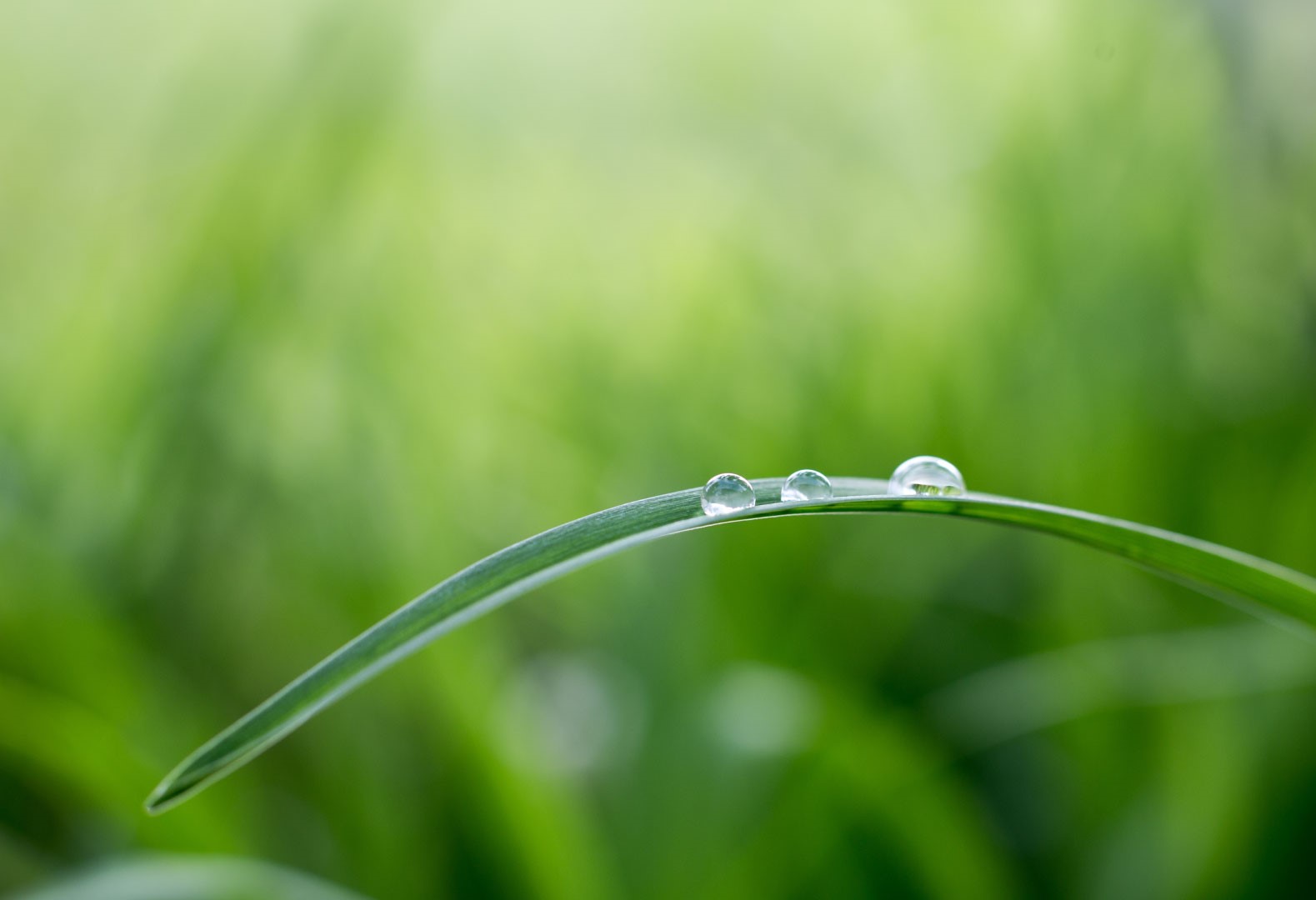

Landscaping Ideas
When To Water Bermuda Grass In Phoenix
Modified: March 26, 2024
Discover the best landscaping ideas for watering Bermuda grass in Phoenix. Learn when and how to water your lawn for optimal growth and health.
(Many of the links in this article redirect to a specific reviewed product. Your purchase of these products through affiliate links helps to generate commission for Storables.com, at no extra cost. Learn more)
**
Introduction
**
Phoenix, Arizona, is renowned for its scorching summers and arid climate, making it a challenging environment for maintaining a lush, green lawn. Amidst this backdrop, Bermuda grass emerges as a resilient and popular choice for lawns due to its heat tolerance and ability to thrive in hot, dry conditions. However, to ensure that your Bermuda grass remains healthy and vibrant, it is crucial to understand the optimal watering practices tailored to the unique climate of Phoenix.
In this comprehensive guide, we will delve into the intricacies of watering Bermuda grass in Phoenix, offering insights into the factors influencing its watering needs, signs of water stress to watch out for, and the best practices for establishing a watering schedule. By the end, you will be equipped with the knowledge and strategies necessary to maintain a thriving Bermuda grass lawn in the desert climate of Phoenix.
Key Takeaways:
- Water Bermuda grass in Phoenix early in the morning, 2-3 times a week during summer, and adjust watering based on soil moisture and seasonal changes to keep it healthy in the desert climate.
- Look for signs of water stress in Bermuda grass like discoloration, wilting, and thatch accumulation, and use smart irrigation methods to conserve water and maintain a vibrant lawn in Phoenix.
Read more: When To Scalp Bermuda Grass
Understanding Bermuda Grass
Before delving into the specifics of watering Bermuda grass in Phoenix, it’s essential to grasp the characteristics of this resilient grass variant. Bermuda grass, scientifically known as Cynodon dactylon, is celebrated for its exceptional heat tolerance, making it a popular choice for lawns in warm regions like Phoenix. Its fine texture, lush green hue, and vigorous growth make it an ideal candidate for creating a verdant lawn that can withstand the rigors of the desert climate.
Bermuda grass boasts an extensive root system, enabling it to access water deep within the soil, a crucial adaptation for surviving in arid environments. This robust root network also contributes to its drought resistance, allowing it to endure prolonged periods of water scarcity. Additionally, Bermuda grass exhibits exceptional resilience to foot traffic and recovers quickly from damage, further enhancing its appeal as a durable and low-maintenance lawn option.
Moreover, Bermuda grass is well-suited to the intense sunlight prevalent in Phoenix, thriving in full sun and exhibiting remarkable photosynthetic efficiency. Its ability to photosynthesize effectively even in high temperatures ensures that it can maintain its vibrant green coloration throughout the sweltering summer months.
By understanding the inherent characteristics of Bermuda grass, you can appreciate its adaptability to the challenging climate of Phoenix and tailor your watering practices to support its growth and vitality.
Factors Affecting Watering Needs
When determining the watering requirements for Bermuda grass in Phoenix, several crucial factors come into play, influencing the frequency and volume of irrigation necessary to sustain its health and vigor.
- Soil Type: The composition of the soil profoundly impacts the water retention and drainage capabilities, consequently affecting the watering needs of Bermuda grass. In Phoenix, where the soil is predominantly characterized by low organic matter and high alkalinity, ensuring proper soil preparation and amendment is essential to optimize water retention and facilitate adequate root penetration.
- Temperature: The soaring temperatures in Phoenix exert a significant influence on Bermuda grass’s water requirements. During the scorching summer months, increased evaporation rates necessitate more frequent watering to compensate for the heightened moisture loss from the soil and the grass itself.
- Humidity Levels: The low humidity prevalent in Phoenix intensifies the transpiration process in Bermuda grass, accentuating its demand for moisture. In such arid conditions, maintaining optimal soil moisture levels becomes paramount to prevent water stress and ensure the grass’s well-being.
- Established Root System: The maturity and depth of Bermuda grass’s root system play a pivotal role in dictating its watering needs. A well-established root network enables the grass to access moisture from deeper soil layers, reducing its reliance on frequent surface irrigation.
- Grass Health and Growth Stage: The health and growth phase of Bermuda grass also impact its watering requirements. Newly established lawns and areas with actively growing grass may necessitate more frequent watering to support their development and establishment.
By considering these influential factors, you can tailor your watering practices to align with the specific needs of Bermuda grass in the unique climate of Phoenix, fostering its resilience and vitality.
Signs of Water Stress
Recognizing the signs of water stress in Bermuda grass is crucial for implementing timely interventions and adjusting your watering regimen to address the grass’s needs effectively. In the arid environs of Phoenix, where maintaining adequate soil moisture is paramount, being vigilant for indicators of water stress is essential for preserving the health and lush appearance of your Bermuda grass lawn.
Discoloration: One of the primary indicators of water stress in Bermuda grass is a change in its coloration. As the grass experiences moisture deficiency, it may exhibit a dull, bluish-gray hue, signaling its distress. Additionally, patches of the lawn may begin to turn brown, indicating localized dehydration and prompting the need for targeted irrigation.
Wilting and Stunted Growth: Water-stressed Bermuda grass may display visible signs of wilting, with the blades losing their turgidity and appearing limp. This wilting is accompanied by a reduction in growth rate, as the grass conserves its remaining moisture reserves to sustain essential functions, manifesting as stunted or slowed growth.
Footprinting: When walking across the lawn leaves noticeable footprints that linger for an extended period, it suggests that the grass lacks adequate moisture, leading to diminished resilience and an inability to rebound from pressure. This phenomenon, known as poor elasticity, is a clear indicator of water stress in Bermuda grass.
Thatch Accumulation: In response to water scarcity, Bermuda grass may exhibit an increased accumulation of thatch, a layer of organic debris and dead grass tissue that impedes water penetration and hinders air circulation. The presence of excessive thatch signals the grass’s struggle to maintain optimal moisture levels, necessitating remedial measures such as dethatching and appropriate irrigation.
Root Resilience: When Bermuda grass is subjected to prolonged water stress, its root system may exhibit diminished resilience and fail to penetrate the soil deeply in search of moisture. Shallow, underdeveloped roots signify the grass’s struggle to access sufficient water, highlighting the need for targeted watering to encourage robust root growth and enhance drought tolerance.
By remaining attuned to these telltale signs of water stress, you can proactively adjust your watering practices to alleviate the grass’s distress and fortify its resilience in the challenging climate of Phoenix.
Water Bermuda grass in Phoenix early in the morning, around 4-6 am, to reduce water loss from evaporation. Water deeply but infrequently, about 1-1.5 inches per week, to encourage deep root growth.
Best Time to Water Bermuda Grass in Phoenix
Optimizing the timing of irrigation is paramount for ensuring the efficacy of watering and maximizing the absorption of moisture by Bermuda grass in the arid conditions of Phoenix. By adhering to strategic watering schedules, you can mitigate water loss through evaporation and promote efficient utilization of moisture by the grass, fostering its health and vitality.
Early Morning: The optimal time to water Bermuda grass in Phoenix is during the early morning hours, ideally between 4 a.m. and 8 a.m. This timeframe allows the grass to absorb moisture before the onset of intense daytime heat, minimizing water loss through evaporation. Additionally, morning irrigation facilitates the drying of the grass blades, reducing the risk of fungal diseases that thrive in prolonged dampness, a common concern in humid regions.
Avoiding Midday Irrigation: It is advisable to refrain from watering Bermuda grass during the midday hours, typically between 10 a.m. and 4 p.m., when the sun is at its zenith and temperatures are soaring. Watering during this period is inefficient, as the intense heat accelerates evaporation, diminishing the moisture’s effectiveness and necessitating larger volumes of water to compensate for the rapid loss.
Evening Considerations: While evening watering may seem viable, especially in the context of water conservation, it poses potential drawbacks in Phoenix’s climate. The prolonged dampness resulting from evening irrigation can create a conducive environment for fungal diseases to proliferate, posing a threat to the health of Bermuda grass. However, if evening watering is unavoidable, aim to complete the irrigation well before sunset to allow the grass blades to dry before nightfall, mitigating the risk of fungal infestations.
By adhering to these guidelines for the best time to water Bermuda grass in Phoenix, you can optimize the effectiveness of irrigation, minimize water wastage, and foster the robust health and verdant appearance of your lawn in the face of the desert climate’s challenges.
Read more: When To Plant Bermuda Grass
Watering Schedule
Establishing a well-structured watering schedule is instrumental in nurturing healthy and resilient Bermuda grass in the arid climate of Phoenix. By adhering to a consistent regimen tailored to the grass’s specific needs, you can optimize moisture retention, promote robust root development, and sustain the lush vibrancy of your lawn, even in the face of the desert’s relentless heat and aridity.
Frequency of Watering: In Phoenix, where high temperatures and low humidity prevail, Bermuda grass typically requires regular watering to maintain optimal moisture levels. During the peak of summer, when the heat is most intense, it is advisable to water the grass two to three times per week, ensuring that the soil remains adequately moist to support the grass’s vitality. As the temperatures moderate during spring and fall, the frequency of watering can be adjusted accordingly, aligning with the grass’s evolving needs.
Duration and Volume: When irrigating Bermuda grass in Phoenix, it is essential to ensure deep penetration of water to encourage robust root growth and drought tolerance. Aim to deliver approximately 1 to 1.5 inches of water per week, either through irrigation or a combination of rainfall and supplemental watering. To achieve this, employ a slow and steady watering approach, allowing the moisture to permeate the soil and reach the grass’s root zone, fostering a resilient and deeply rooted lawn.
Monitoring Soil Moisture: Regularly assessing the soil moisture levels is imperative for fine-tuning your watering schedule and ensuring that the grass’s hydration needs are met. Utilize a soil moisture meter or probe to gauge the moisture content at varying depths, enabling you to make informed decisions regarding the frequency and volume of irrigation required to sustain the grass’s health and vigor.
Adaptation to Seasonal Variations: Recognizing the fluctuating demands of Bermuda grass across different seasons is essential for crafting a responsive and adaptive watering schedule. During the cooler months, such as winter, the grass’s water requirements diminish, necessitating a reduction in the frequency of irrigation to prevent waterlogging and potential issues stemming from excessive moisture in the soil.
By adhering to a well-crafted watering schedule attuned to the nuances of Bermuda grass’s needs in the unique climate of Phoenix, you can cultivate a resilient and luxuriant lawn that defies the challenges posed by the desert environment, embodying the enduring allure of a vibrant green oasis.
Additional Tips for Watering Bermuda Grass in Phoenix
Amidst the demanding climate of Phoenix, where scorching temperatures and arid conditions prevail, implementing additional strategies and best practices can further enhance the effectiveness of watering Bermuda grass, fostering its resilience and lush vibrancy. By incorporating these supplementary tips into your lawn care regimen, you can fortify the health and vitality of your Bermuda grass, ensuring its enduring beauty in the face of the desert’s rigors.
- Aerating the Soil: Periodic aeration of the soil is instrumental in optimizing water penetration and enhancing the grass’s access to moisture. By alleviating soil compaction and facilitating better air and water movement within the root zone, aeration promotes the robust growth and vitality of Bermuda grass, enabling it to thrive even in the challenging conditions of Phoenix.
- Utilizing Mulch: Applying a layer of organic mulch around the Bermuda grass provides multiple benefits, including moisture retention, weed suppression, and insulation against temperature extremes. Mulch helps conserve soil moisture, reducing the frequency of watering while shielding the grass’s root system from the intense heat prevalent in Phoenix.
- Employing Smart Irrigation Practices: Embracing water-efficient irrigation methods, such as drip irrigation or soaker hoses, can minimize water wastage and ensure targeted delivery of moisture to the grass’s root zone. These technologies optimize water utilization, promoting the efficient hydration of Bermuda grass while conserving this precious resource in the desert environment.
- Observing Local Watering Restrictions: Familiarize yourself with any local watering restrictions or guidelines in Phoenix to align your lawn care practices with municipal regulations. Adhering to designated watering schedules and restrictions not only fosters responsible water usage but also contributes to the sustainable maintenance of your Bermuda grass lawn within the community.
- Monitoring Weather Patterns: Remaining attuned to weather forecasts and seasonal variations is essential for adapting your watering practices to align with the grass’s evolving needs. Adjusting your irrigation schedule in response to rainfall, humidity levels, and temperature fluctuations enables you to maintain the optimal moisture balance for Bermuda grass, promoting its enduring health and vibrancy.
By integrating these supplementary tips into your approach to watering Bermuda grass in Phoenix, you can fortify the resilience and lush allure of your lawn, transcending the challenges posed by the desert climate and nurturing a verdant oasis that captivates with its enduring beauty.
Conclusion
Embarking on the journey of nurturing Bermuda grass in the arid expanse of Phoenix demands a nuanced understanding of the grass’s unique needs and the implementation of strategic watering practices tailored to the desert climate’s challenges. By comprehending the influential factors shaping Bermuda grass’s watering requirements, recognizing the signs of water stress, and adhering to a well-crafted watering schedule, you can cultivate a resilient and vibrant lawn that defies the harshness of the environment.
As you navigate the intricacies of watering Bermuda grass in Phoenix, remember that the best practices extend beyond mere irrigation, encompassing holistic lawn care strategies that fortify the grass’s health and vitality. Embrace soil aeration, leverage the benefits of mulch, and adopt water-efficient irrigation methods to optimize the grass’s access to moisture and foster its robust growth, even in the face of the desert’s relentless heat.
Furthermore, remaining attuned to local watering restrictions, monitoring weather patterns, and adapting your watering practices to align with seasonal variations are pivotal for sustaining the enduring allure of your Bermuda grass lawn while promoting responsible water usage within the community.
By incorporating these insights and best practices into your approach to watering Bermuda grass, you can cultivate a verdant oasis that thrives amidst the arid expanse of Phoenix, embodying the enduring beauty and resilience of a lush, green lawn in the midst of the desert’s challenges.
With a deep-rooted understanding of Bermuda grass’s watering needs and a commitment to responsible lawn care, you can nurture a vibrant and resilient landscape that captivates with its enduring allure, transcending the rigors of the desert climate to stand as a testament to the transformative power of strategic and attentive watering practices.
Frequently Asked Questions about When To Water Bermuda Grass In Phoenix
Was this page helpful?
At Storables.com, we guarantee accurate and reliable information. Our content, validated by Expert Board Contributors, is crafted following stringent Editorial Policies. We're committed to providing you with well-researched, expert-backed insights for all your informational needs.
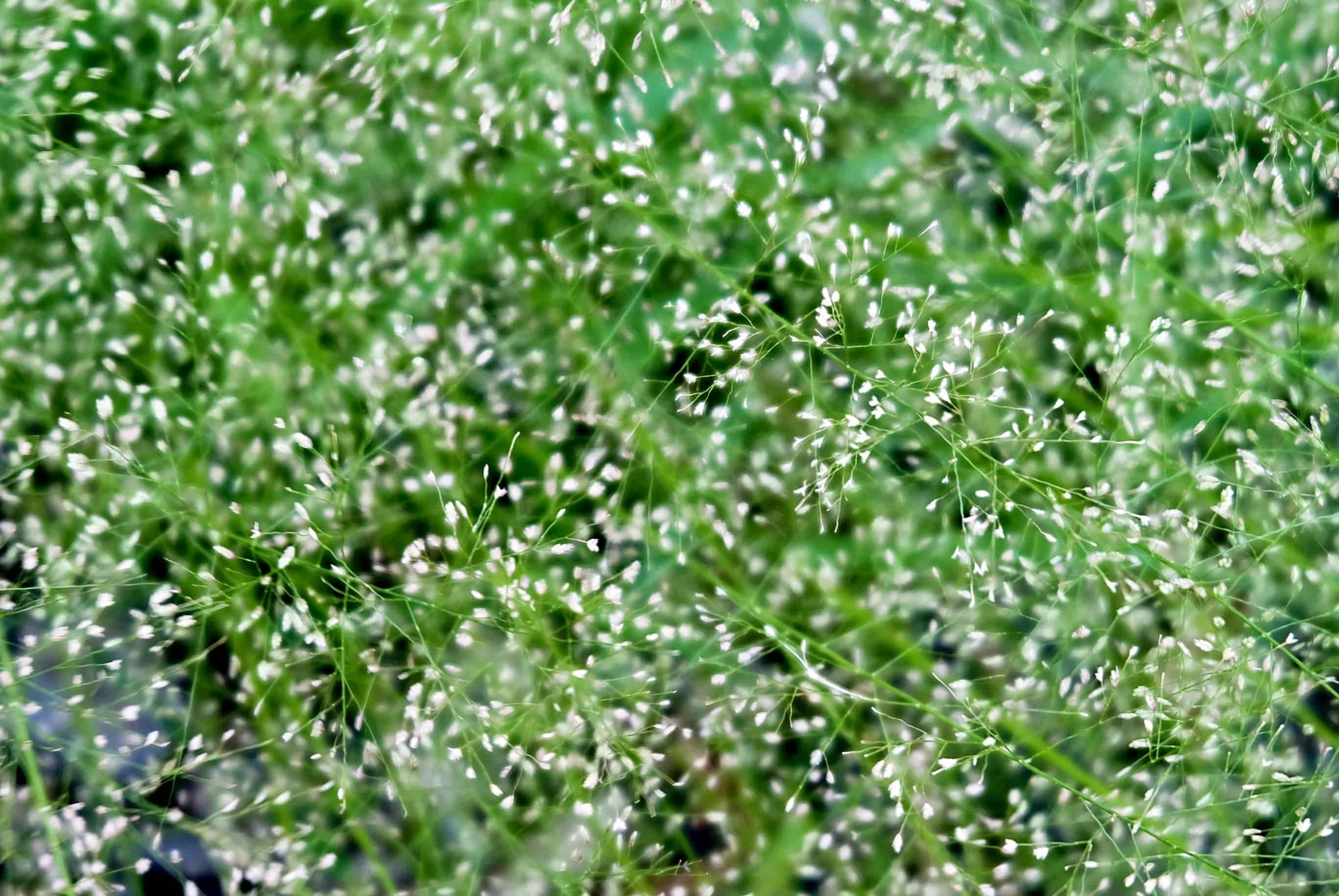

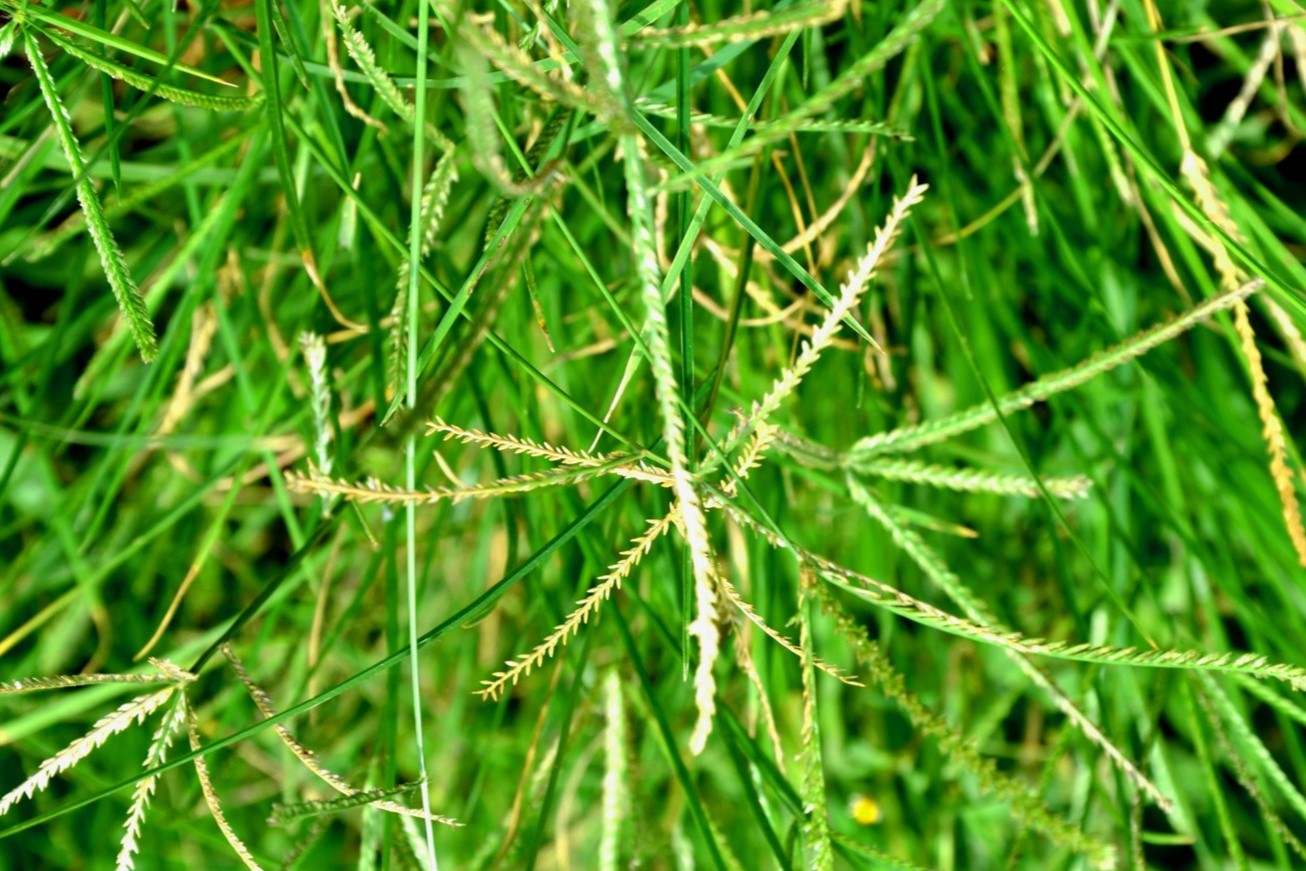
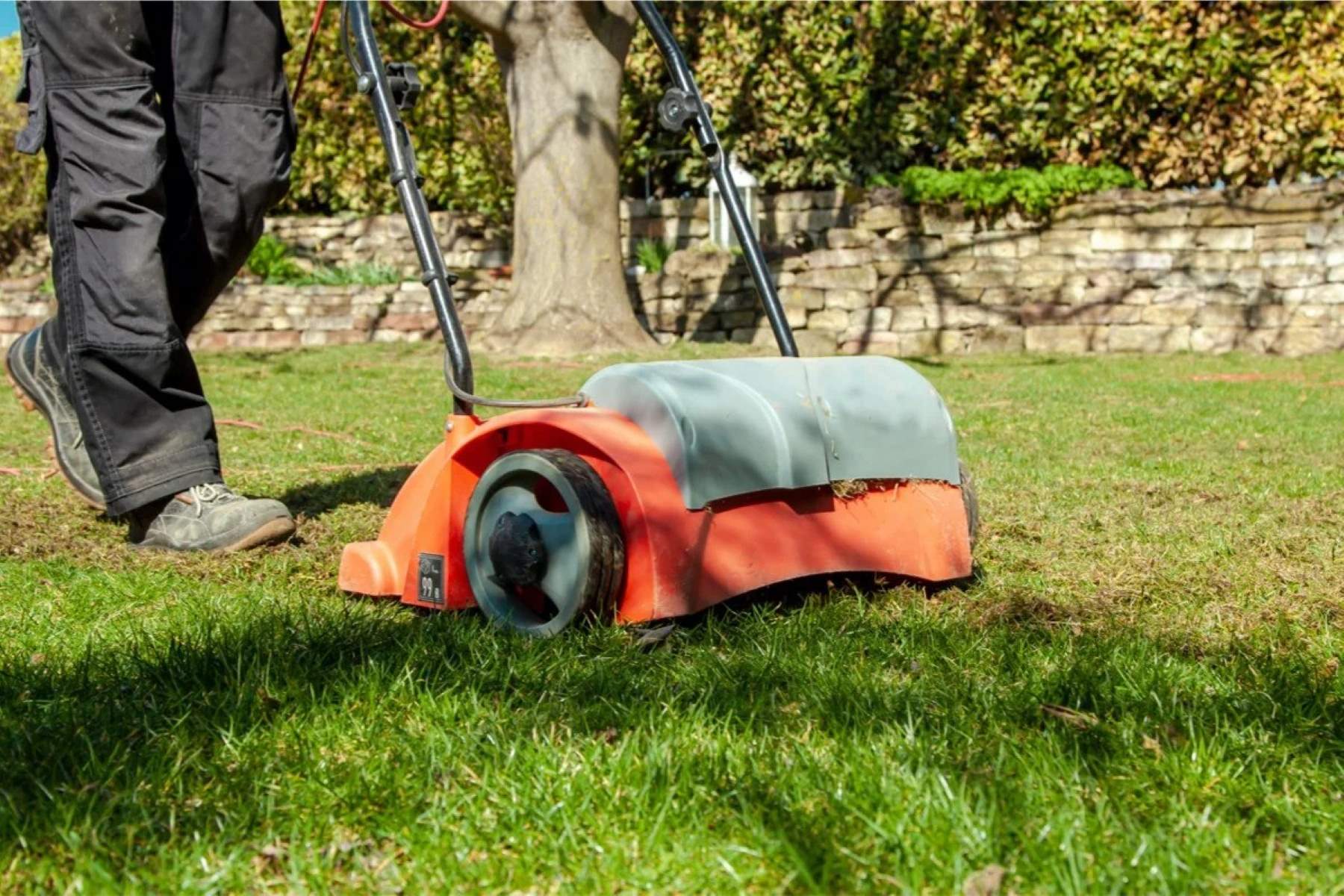
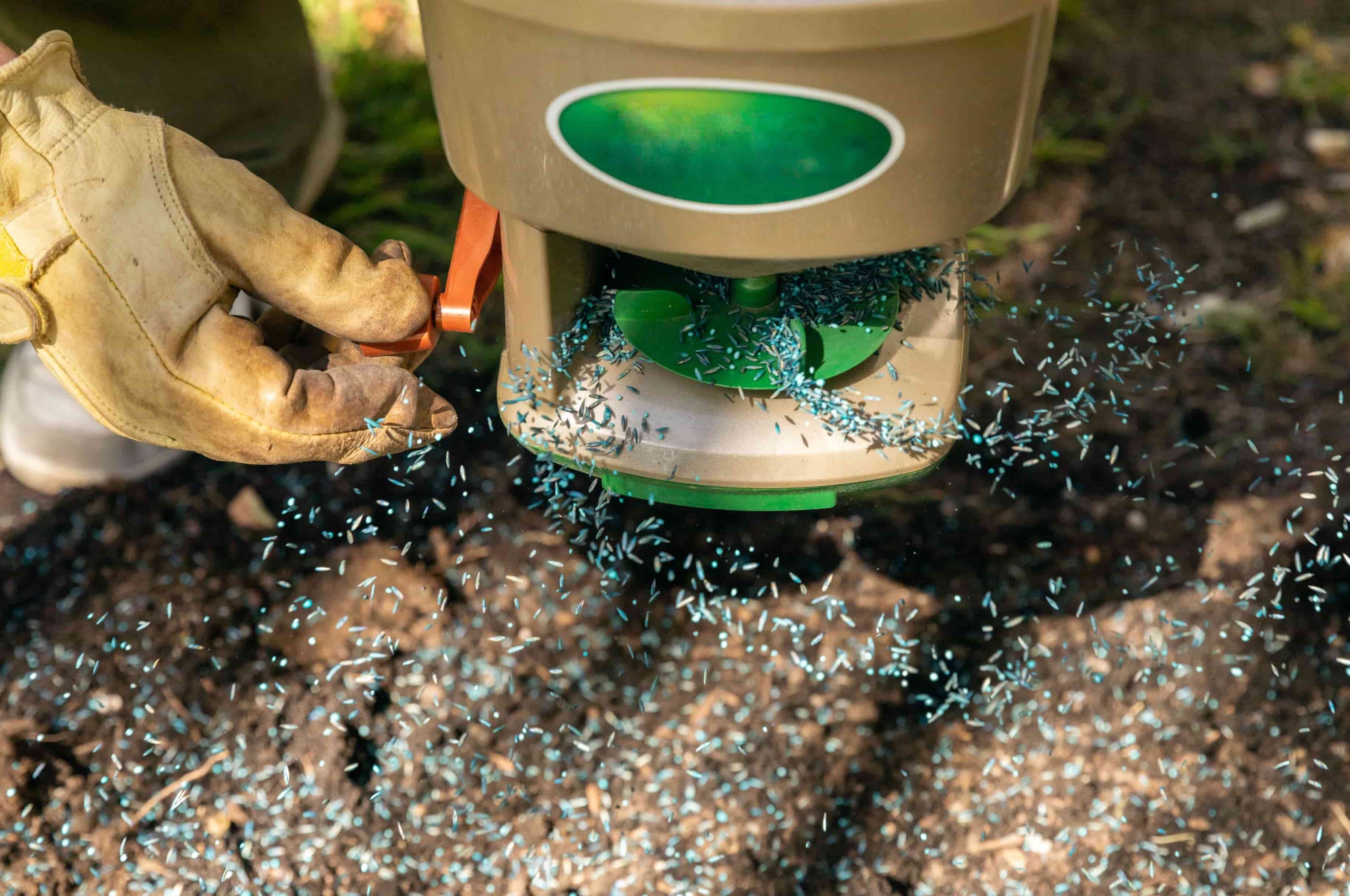
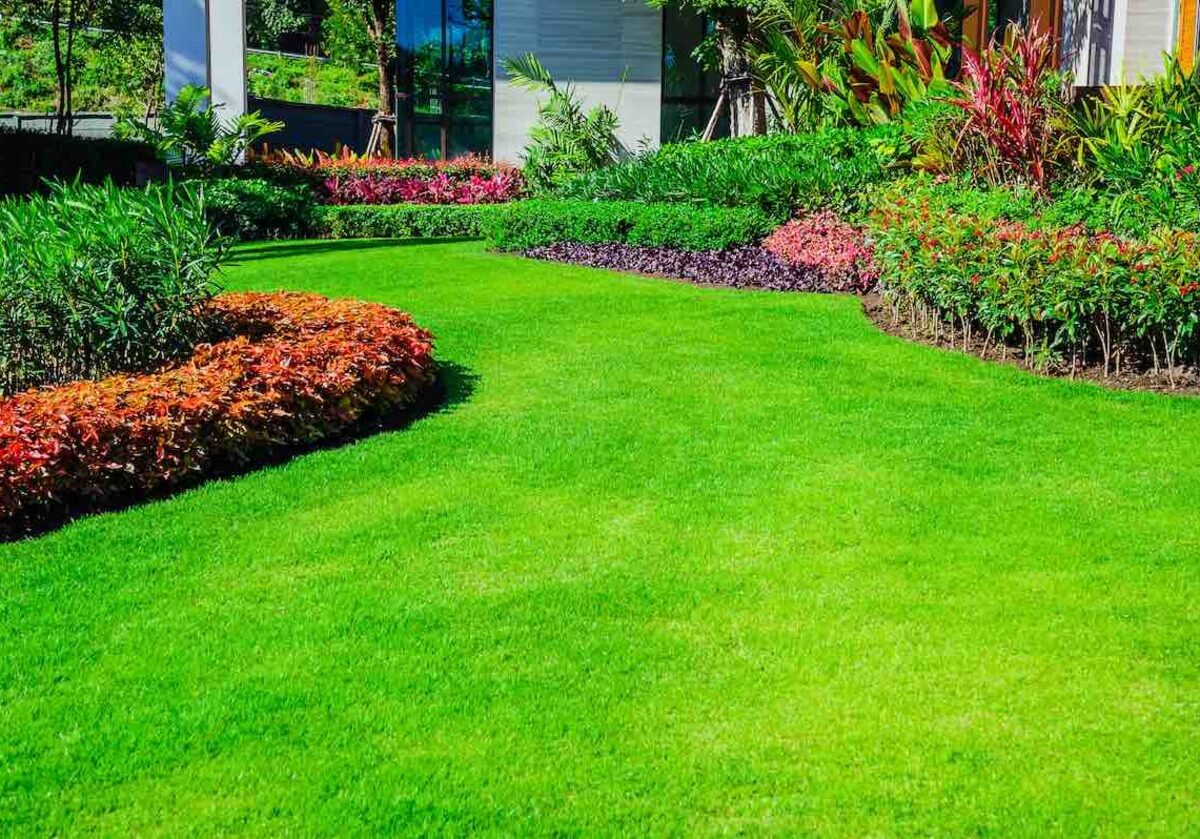
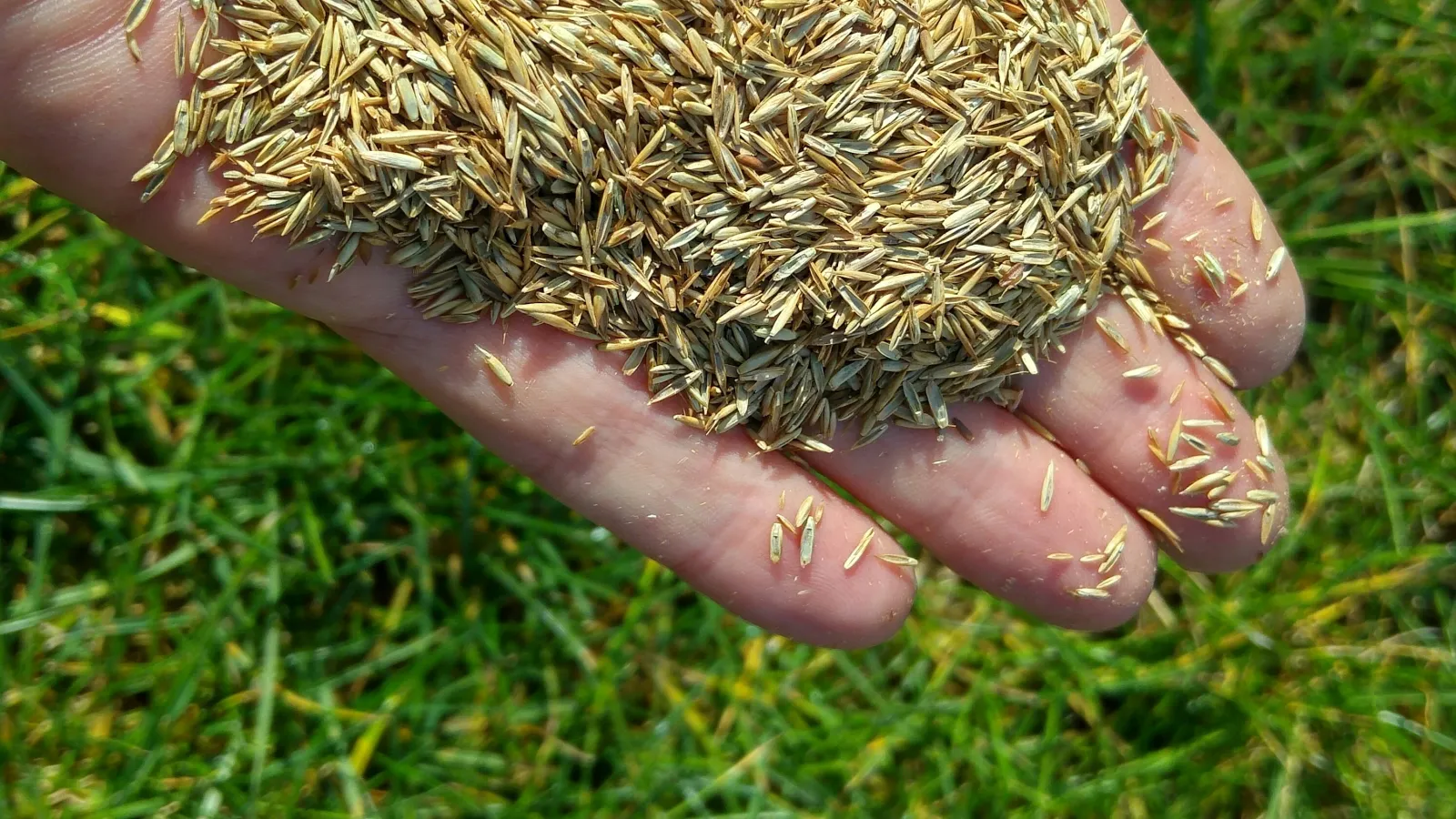
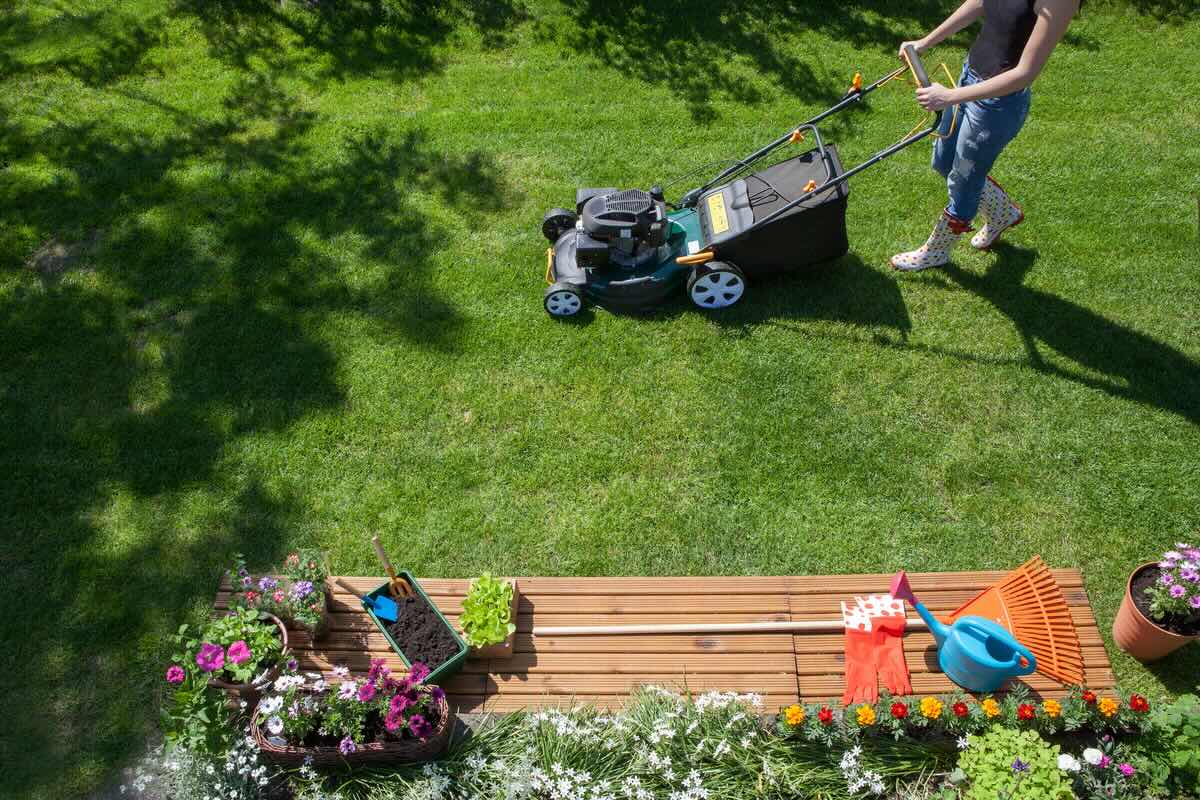
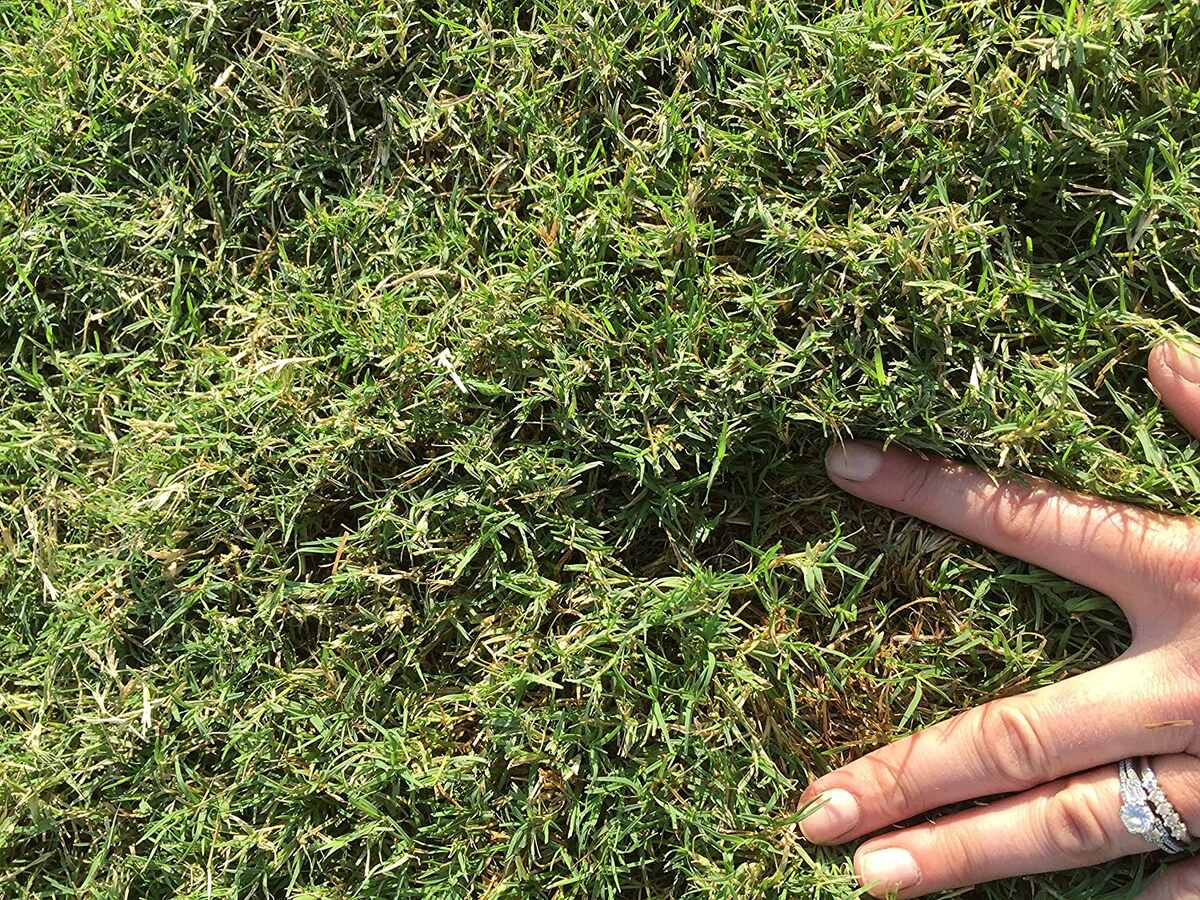
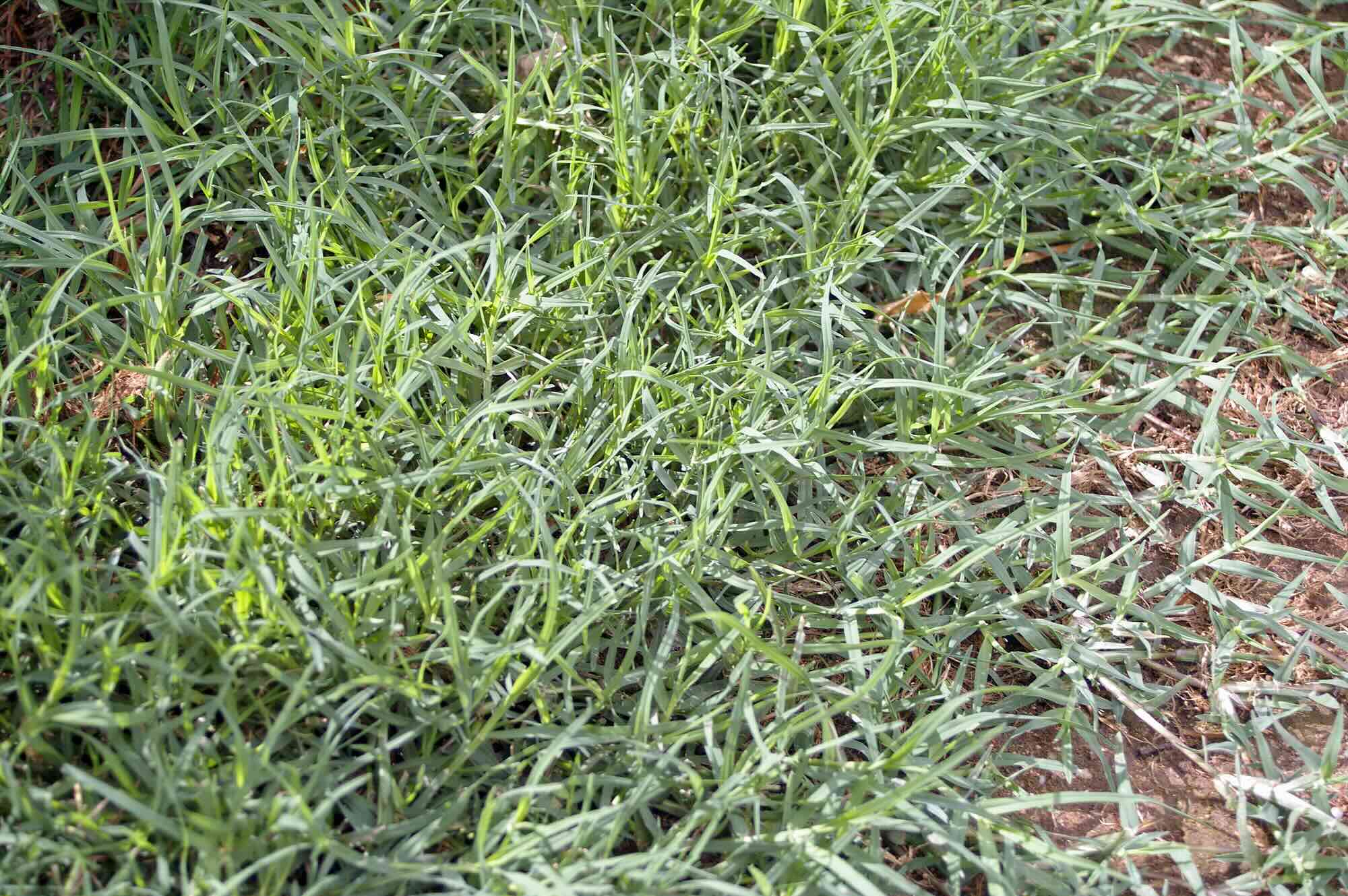
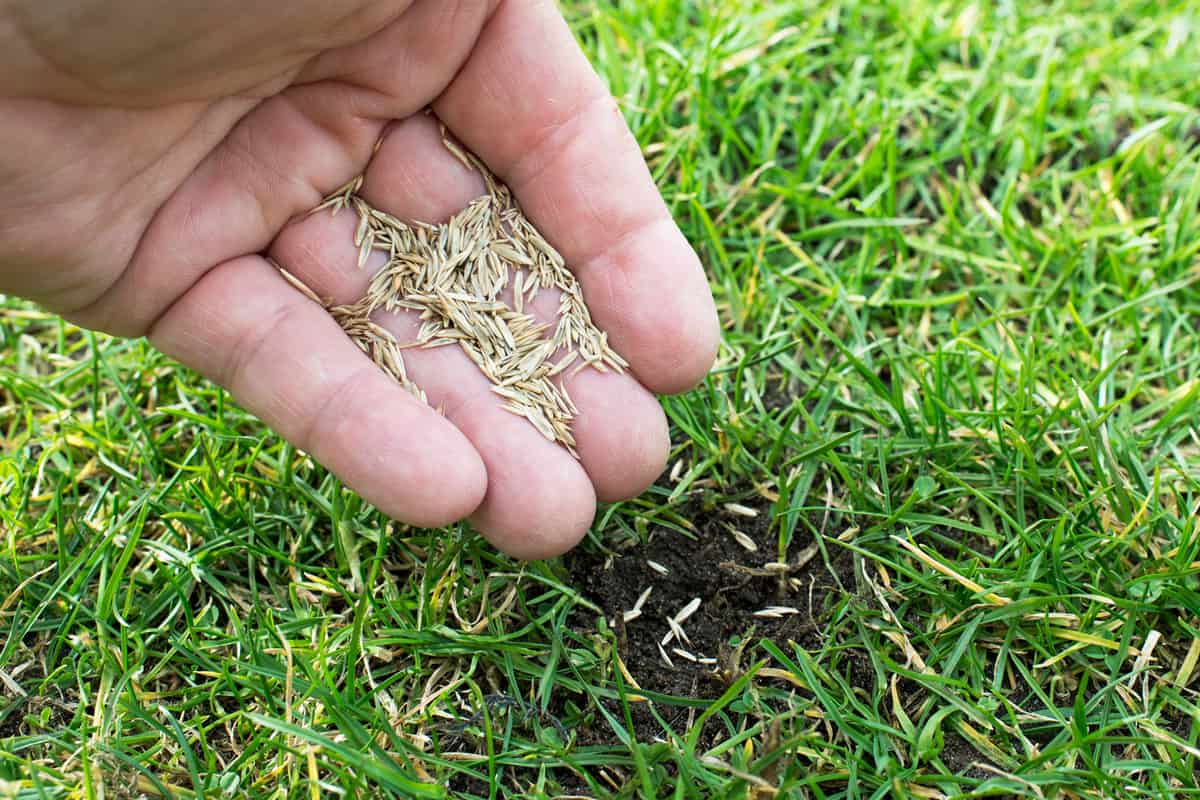
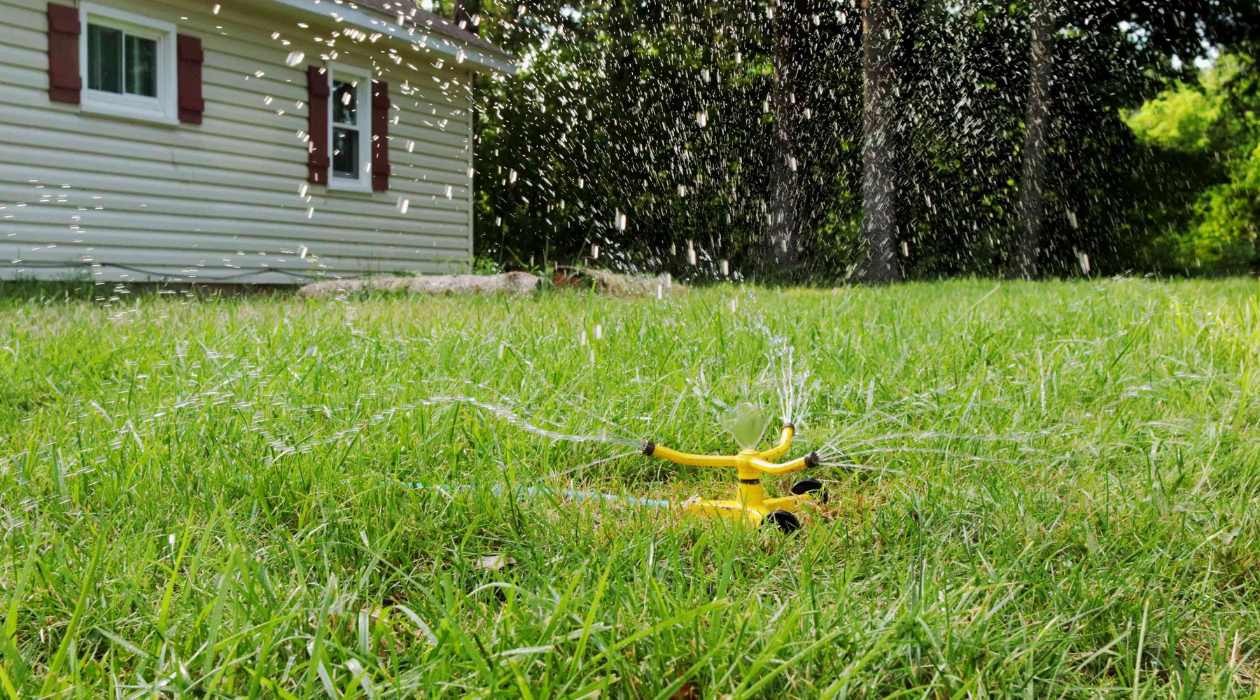
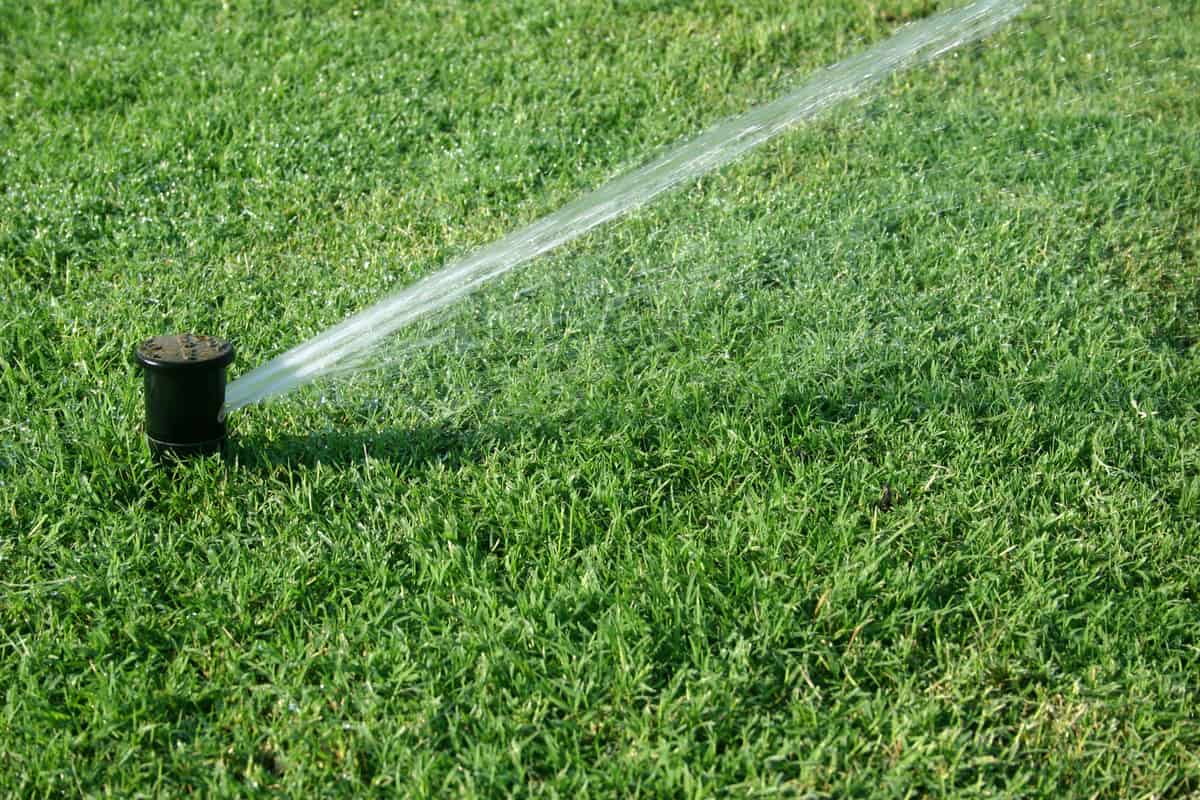
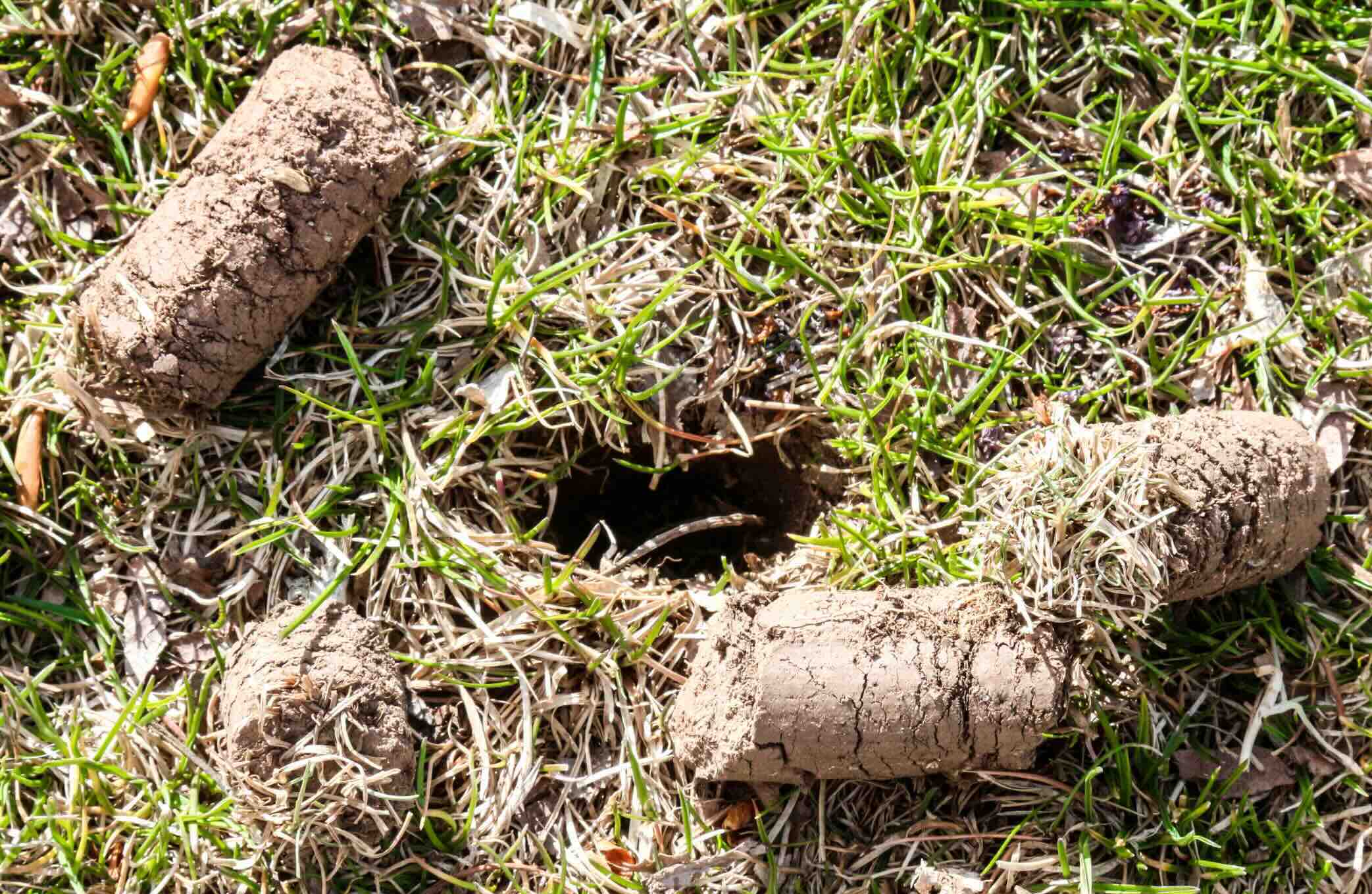

0 thoughts on “When To Water Bermuda Grass In Phoenix”